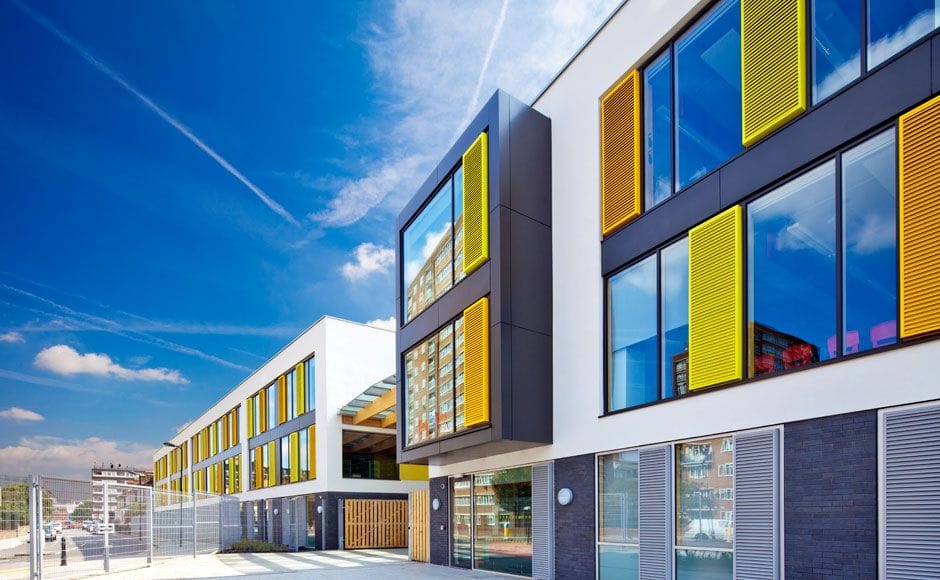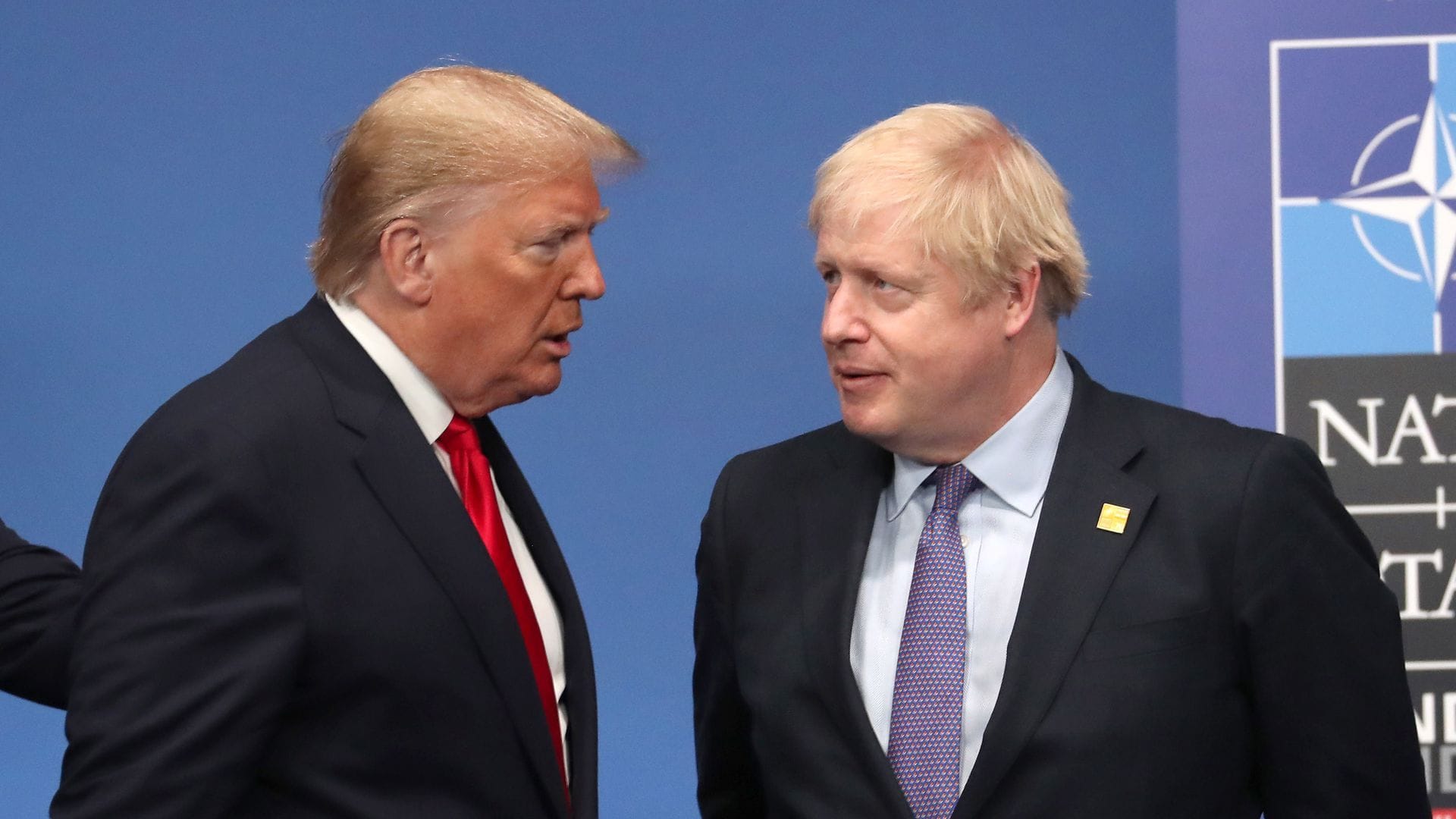Sweden has been thrust into mourning and reflection following a mass shooting that claimed the lives of 11 individuals at the Campus Risbergska adult education center in Örebro. The tragic event, which is the deadliest of its kind in the country’s history, has prompted the Swedish government to propose immediate measures to strengthen its gun laws.
The mass shooting, described by Prime Minister Ulf Kristersson as a “senseless act of violence,” has left an indelible mark on the nation. The attack unfolded earlier this week when a gunman, armed with licensed firearms, targeted individuals at the education center. The victims ranged in age from 28 to 68 and included seven women and four men, according to the police. Investigators are continuing to probe the motives behind the attack while simultaneously dealing with the collective grief of the affected families and the larger community.
This tragedy has brought existing gun laws in Sweden under scrutiny. Historically viewed as having strict gun control measures, Sweden has still permitted private firearm ownership for activities such as hunting and sports. However, the Örebro shooting has amplified calls for legislative reforms to address perceived vulnerabilities in the country’s gun regulations.
In response, the Swedish government, led by its right-leaning coalition, has announced plans to overhaul firearm legislation comprehensively. During a press briefing, Minister for Justice and Home Affairs, Gunnar Strömmer, highlighted the core of the government’s reform plans. Strömmer indicated that stricter background checks would be enacted for gun license applicants, alongside reviews of current permits. Furthermore, to decrease the potential for high-impact attacks, the government intends to impose stringent limitations or bans on semi-automatic weapons.
Another significant component of the proposed legislation includes restricting access to firearms for individuals with a criminal record or connections to organized crime. Sweden has witnessed rising concerns over gang violence, with shootings and bomb attacks disproportionately affecting urban areas. Policymakers are bridging the discourse on gun laws with broader crime prevention measures, seeking to foster a sense of safety across the country.
Prominent voices in Swedish society have welcomed the proposed changes. Advocacy groups for stricter gun control praised the quick government response, calling the move a “necessary shift to prioritize civilian safety.” Researchers studying firearm-related violence in the Nordics have underscored the importance of curbing access to certain categories of high-powered weapons, often utilized in mass shootings worldwide.
However, the proposed reforms are not without their detractors. Gun enthusiasts, hunters, and sports associations, who form a vocal minority within Sweden, have expressed concerns about overly stringent regulations potentially penalizing law-abiding citizens. Discussions are ongoing between such groups and the government to find balanced solutions that address public safety goals while preserving traditional activities like hunting, deeply embedded in Swedish culture.
The international community has also taken note of Sweden’s unfolding legislative actions. Sweden now joins a global list of nations that reassess their firearm regulations following mass shootings. Countries such as New Zealand and the United Kingdom have implemented tightened gun laws after tragedies, which have reportedly succeeded in reducing similar incidents. Observers from civil liberties organizations worldwide are keenly watching Sweden’s journey, analyzing the impact it could have on gun ownership norms and cultural practices.
In parliament, the opposition parties have promised cross-party cooperation to get the legislation passed promptly. However, they reiterated the importance of complementing gun law reforms with enhanced social services and effective policing measures. Proposals under discussion include increasing community policing, vocational training for at-risk youth, and funding for mental health services to address underlying issues related to societal violence.
The public’s response has been one of unity and determination. Vigils and memorial events held across the country saw Swedes paying their respects to the victims while advocating for peace and security. Social media platforms, often conduits for divisive discourse, have reflected broad solidarity in support of meaningful reforms to prevent future tragedies.
As the legal dossiers are prepared and deliberations unfold in Stockholm, one question resonates nationwide: how to prevent such catastrophic events in the future. While Sweden’s reputation as one of Europe’s safest countries remains intact, the harrowing events in Örebro serve as a stark reminder of the need for vigilance and continuous improvement.
This chapter in Sweden’s history, though marked by sorrow, also signals a pivotal moment of legal and social recalibration. With proposed reforms likely to come into effect in the coming months, Sweden aims to strike a balance between addressing its dark realities and protecting its cherished way of life.
The journey ahead to implement these changes will involve difficult discussions and deliberate policy crafting. Nevertheless, the resolve demonstrated by the Swedish lawmakers and the broader public suggests a collective commitment to ensuring that such tragedies never recur.



